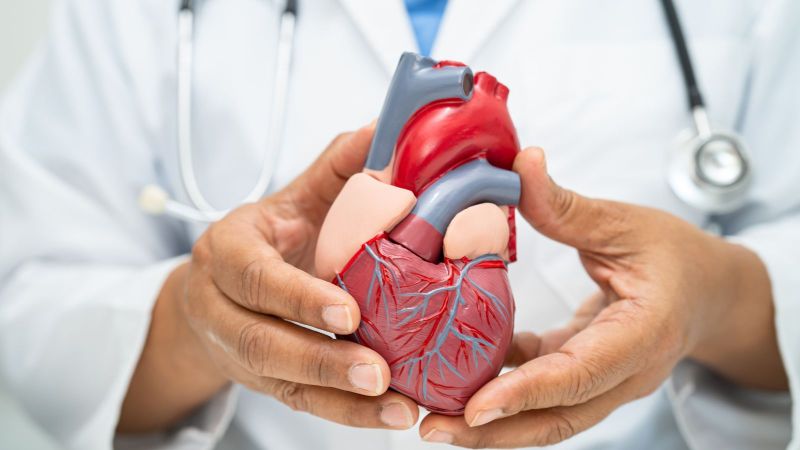Text to go here...
 Scientists have developed a new gene therapy successful in treating the most severe type of muscular dystrophy in mice.
Scientists have developed a new gene therapy successful in treating the most severe type of muscular dystrophy in mice.
Duchenne muscular dystrophy (DMD) is a severe muscle wasting disease which causes progressive wasting and paralysis from an early age. There is no cure, and usually kills patients by their early 20s. DMD is caused by a genetic error in the gene for dystrophin, an important protein in muscle tissues.
The new treatment, known as peptide-conjugated morpholino oligomer (PPMO), causes cells to skip a section of the mutated gene when producing the dystrophin protein. This results in a shorter protein with a different structure to the normal dystrophin protein. But the shortened protein is more functional than the original mutated form.
The idea is that this treatment will not be able to cure DMD, but will limit the effects of the condition making it a less severe disease. The therapy also contains a chemical marker to allow it to be easily absorbed by muscle tissue. This type of targeted delivery has always been a problem in past therapies for DMD.
The team took knockout mice which exhibit similar symptoms to DMD patients as they lack the dystrophin gene along with another important muscle gene, utrophin. After treatment with PPMO, the mice showed improved mobility and prolonged live spans compared to those mice that didn't receive the therapy.
There is currently a similar treatment in clinical trials, but it doesn't include a chemical marker to help absorption into the muscles. The researchers believe this therapy could move into clinical trials fairly soon.
See also our page on muscular dystrophy
Last edited: 11 January 2022 09:02




